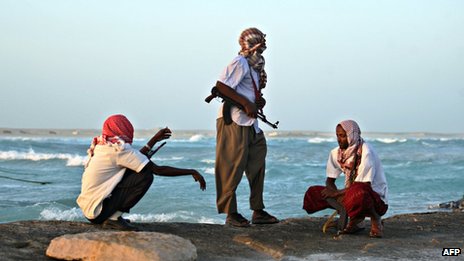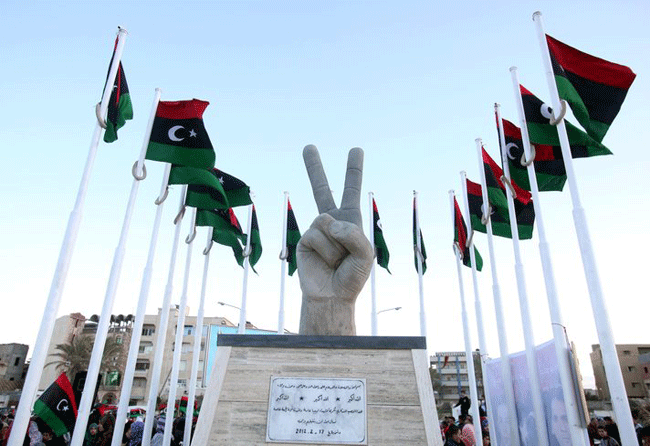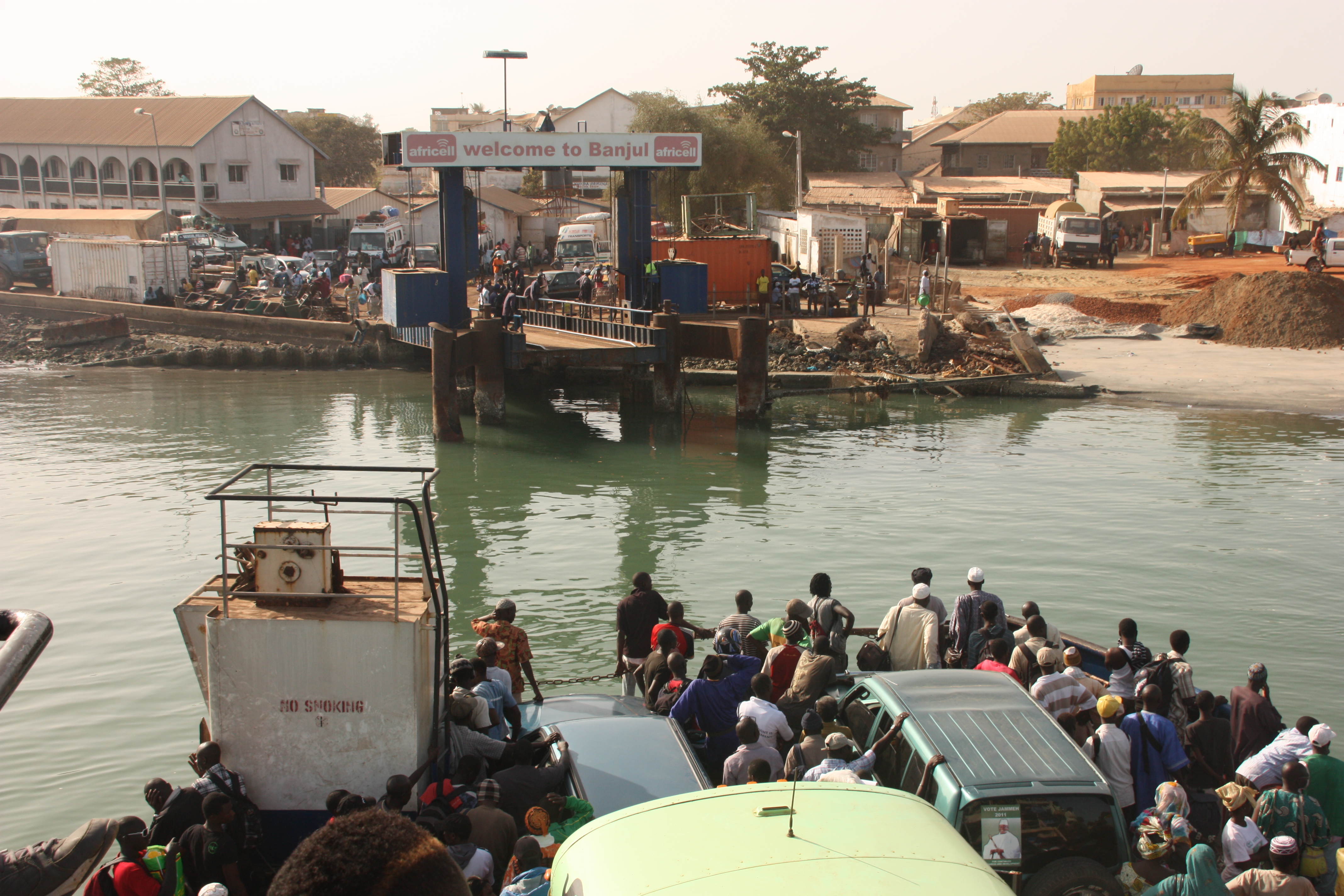 According to the International Maritime Bureau (IMB), global incidents of piracy are on the decline. The IMB’s latest global piracy report reveals a reduction in maritime piracy, from two-hundred and seventy reported incidents in 2007 to two-hundred and sixty-four in 2013. While West African and East Indian Ocean piracy have steadily increased, operations in the horn of Africa have largely contributed to the reduction in global incidences.
According to the International Maritime Bureau (IMB), global incidents of piracy are on the decline. The IMB’s latest global piracy report reveals a reduction in maritime piracy, from two-hundred and seventy reported incidents in 2007 to two-hundred and sixty-four in 2013. While West African and East Indian Ocean piracy have steadily increased, operations in the horn of Africa have largely contributed to the reduction in global incidences.
Over the past five years, there have been several international declarations and missions to address piracy in the region. These include UN Security Council resolutions 1816, 1838, 1846, and 1851, the Djibouti Code of Conduct of the International Maritime Organization and NATO’s Operation Ocean Shield. Said resolutions promote the collaborative efforts of international navies and private armed security forces to help mitigate occurrences.
The crack-down in the horn of Africa should not overshadow the enduring problems of global hijacking.
According to the President of the IMB, “[t]he single biggest reason for the drop in worldwide piracy is the decrease in Somali piracy off the coast of East Africa.” Conferring with its Piracy Reporting Centre, the IMB recorded fifteen attacks on the Somali coast in 2013, compared to seventy-five the previous year and two-hundred and thirty seven in 2011 – the height of activity. Some have speculated as to whether this marks the end of Somali piracy.
The problem of Somali piracy emerged in the 1990s. Local fishermen–turned–vigilantes began attacking international vessels, initially to combat foreign commercial fishing. When large ransoms were extracted, piracy quickly blossomed into a lucrative enterprise. The issue received a great deal of international reporting and policy attention, igniting unprecedented intervention.
Meanwhile, over the same period, other regions have witnessed increases in piracy attacks. Attacks in the Gulf of Guinea amounted to thirty-one, the highest level since 2008. Asian piracy has also risen, accounting for over half of the world’s reported, albeit “low-level,” cases. The crack-down in the horn of Africa should not overshadow the enduring problems of global hijacking.
Despite achievements in control, the future of piracy in Somalia remains precarious. In 2012, the countries Transitional Federal Government (TFG) formed a National Coast Guard, working in tandem with the Puntland Maritime Peace Force. While this marked a progression in onshore efforts, reports of TFG corruption are disturbing. The United Nations Monitoring Group on Somalia and Eritrea has claimed misappropriation of funds and embezzlement as endemic features of TFG governance.
Local and international collaboration has yielded results despite challenges. As maritime watchdogs continue to track developments, the lasting effect of containment remains to be seen.




